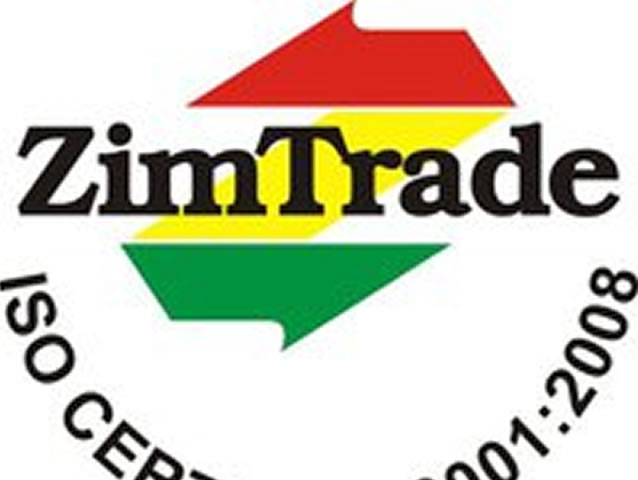Netherlands engages ZIA, ZimTrade

NETHERLANDS is heavily involved in talks with the Zimbabwe Investment Authority (ZIA) and ZimTrade to boost its investment and trade ties with Zimbabwe.
The Dutch ambassador to Zimbabwe Gera Sneller said her country was targeting areas that can provide a niche for Dutch firms.
“At the moment we’re also focusing very much on economic co-operation. We’re working with organisations such as ZimTrade and the Zimbabwe Investment Authority (ZIA) and Dutch companies to try and see if we can create win-win situations and enhance our economic relations,” she said.
“And we do that in areas specifically where we feel there is a niche for Dutch companies for instance agriculture, but also tourism, the services sector and water.”
On Dutch investment in Zimbabwe she said: “That’s a little hard to count because most of the Dutch firms tend to be owned by Dutch people who have been here for a very long time so they are considered Zimbabwean and those Dutch companies that come tend to get Zimbabwean partners and so to call them Dutch we don’t register them that way.
“But we are hoping that they will be some true Dutch companies coming here that will then work with Zimbabwean firms, for instance in agri-business and then we might be able to start counting them.”
Trade between the two countries is largely dominated by horticultural products, with Zimbabwe accruing €35,1 million ($40, 6 million) from exports of its horticultural products to the Netherlands last year, marginally up from €34,2 million ($39, 6 million) in 2014.
Meanwhile, Ambassador Sneller said the Netherlands was in full support of the Zimbabwe’s re-engagement efforts with the European Union (EU). The EU is currently Zimbabwe’s third major trading partner.
“As a founding member of the EU we’re part of that re-engagement agenda, but I must say I don’t like the word re-engagement because it makes it seem as if the EU abandoned Zimbabwe at a certain time, but that was never the case.
“The EU as an entity, but also the individual member states were and still are the largest donors in this country and we’ve been working with the people of Zimbabwe even though our political relationship was a little bit difficult.
“I think is important that countries keep on talking to each other and that when there are differences in opinion that we sit down and discuss them and we’re hoping very much that the government of Zimbabwe will continue with its reform agenda both in the economic and political spheres.
“Zimbabwe has a beautiful Constitution, the 2013 Constitution that contains a strong Bill of Rights and we’re ready to help the government of Zimbabwe implement the Constitution because there is a lot of work to be done with regards to alignment and constitutionalism.
Following the Global Political Agreement and the government of National Unity in 2009, and to the adoption of the new Constitution in 2013 by Zimbabwe, the EU took steps towards improving relations with Zimbabwe.
On November 2014, the EU did not renew its sanctions (or what it termed “appropriate measures”) that it imposed in 2002, thus allowing a multi-year cooperation with Zimbabwe under the 11th European Development Fund.
This resulted in a €234 million National Indicative Programme for the period 2014-2020 being signed in February last year.
But earlier this February, the Council of the EU adopted a decision extending its other form of sanctions against Zimbabwe – the so-called “restrictive measures” – until February 20, 2017.- BH24










Comments